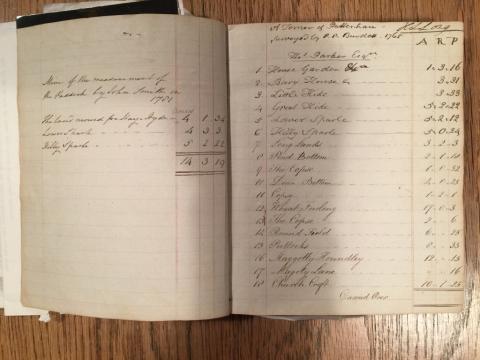Annual Symposium BOOK ONLINE NOW!
We are now back to in-person meetings after a 2 year gap!
Online booking is now open using the Book tab above - pay with your credit card via Paypal. Price £12 per person.
Tickets will be available on the door.
The programme is listed below:
SURREY ARCHAEOLOGICAL SOCIETY
ANNUAL SYMPOSIUM
9TH APRIL 2022



